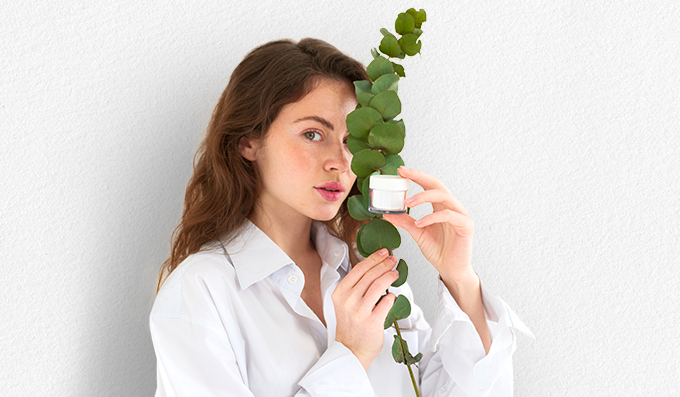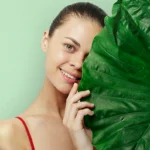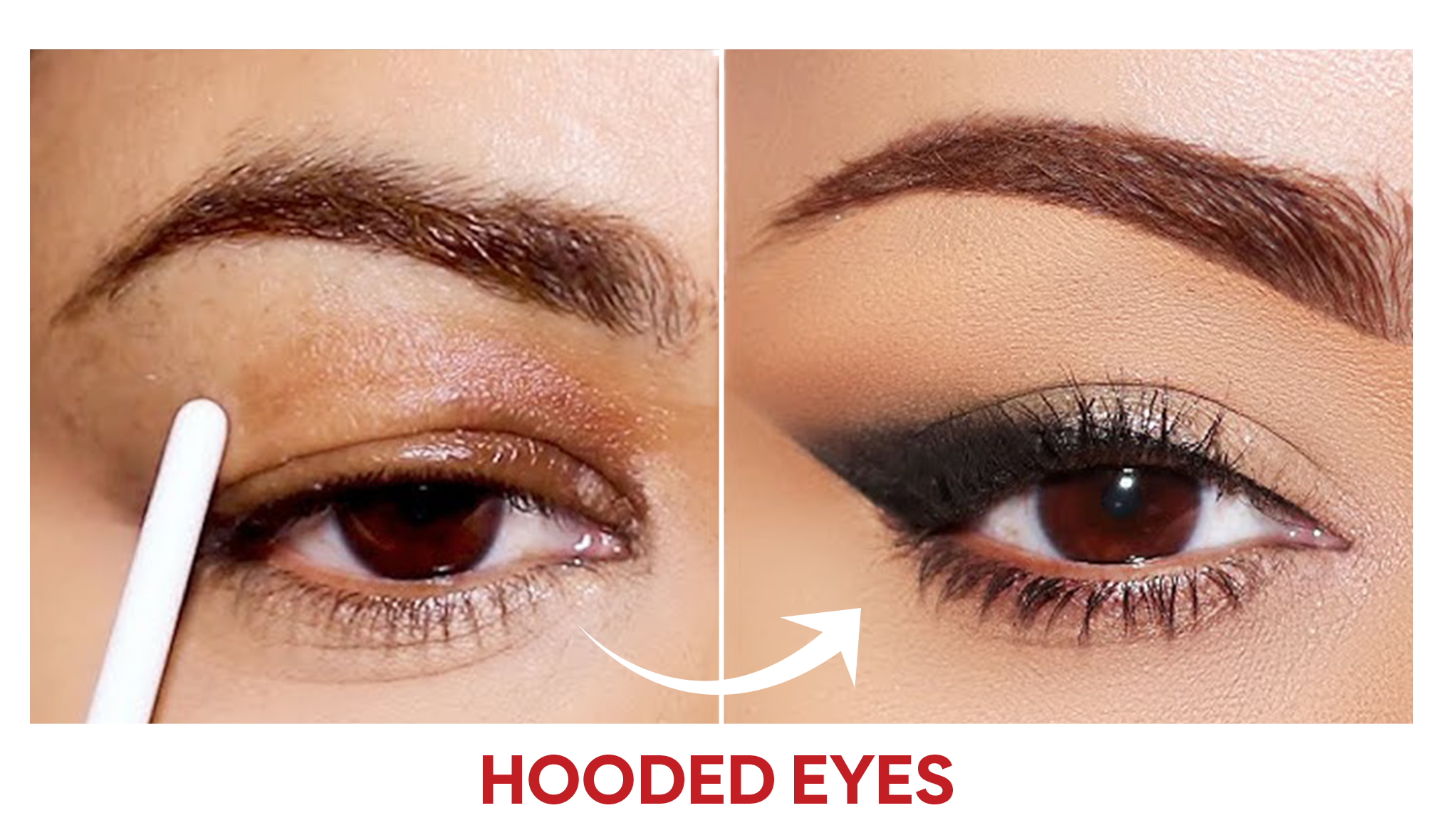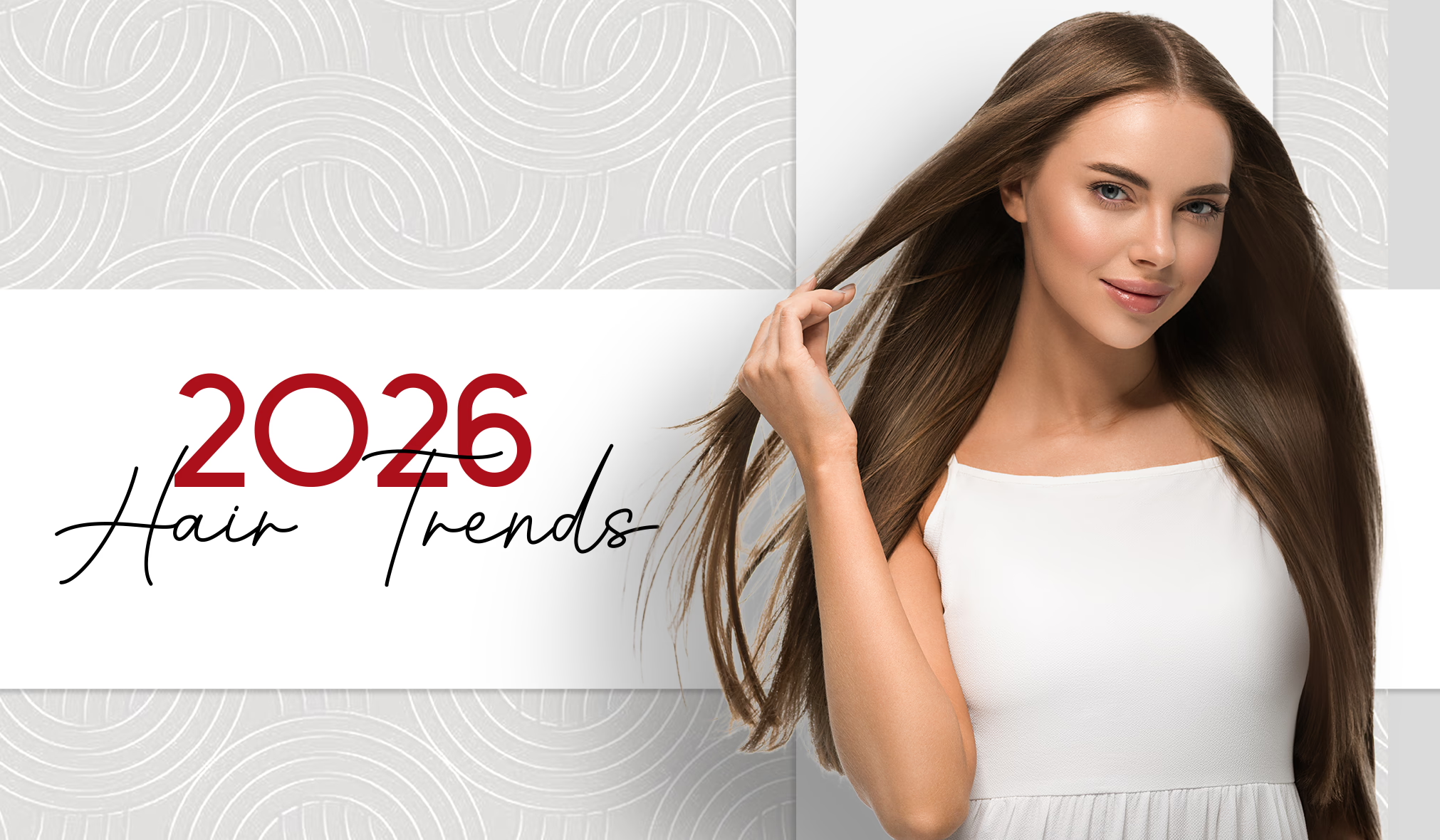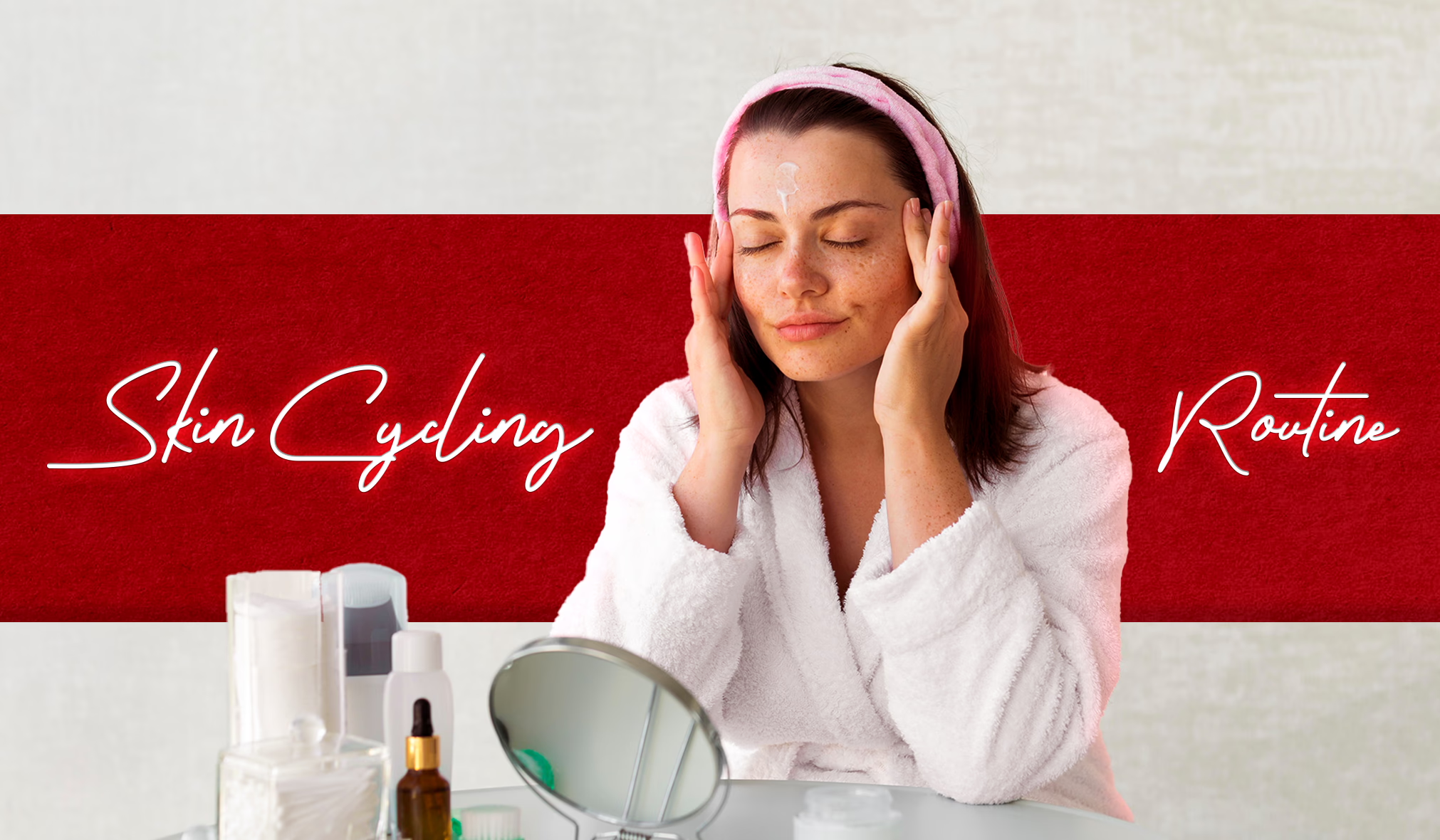When you’re trying to shop more ethically, words like “natural,” “organic,” or even “clean” can be misleading. Many products wear those labels proudly but still include ingredients made from animals. That’s where the line between cruelty-free and vegan gets blurry.
Table Of Content
- Why Non-Vegan Ingredients Still Show Up in Makeup
- High Cost
- Reformulation Takes Time
- Tradition
- Superiority of Animal-Derived Ingredients
- Lack of Consumer Awareness
- Vegan Doesn’t Mean Simple
- Top Non-Vegan Ingredients to Watch Out For
- Carmine (a.k.a. Cochineal)
- Lanolin
- Beeswax (Cera Alba)
- Shellac
- Collagen
- Keratin
- Guanine
- Vegan Alternatives to Non-Vegan Ingredients in Beauty Products[1]
- 1. Lanolin → Plant-Based Oils and Butters
- 2. Beeswax → Candelilla or Carnauba Wax
- 3. Carmine → Beetroot, Mica, or Synthetic Dyes
- 4. Squalene → Plant or Synthetic Squalane
- 5. Keratin → Hydrolyzed Wheat, Soy, or Pea Protein
- 6. Collagen → Seaweed, Peptides, or Amino Acids
- 7. Guanine → Mica or Biodegradable Glitter
- 8. Glycerin → Vegetable Glycerin
- 9. Hyaluronic Acid → Plant-Based or Synthetic HA
- 10. Stearic Acid → Plant-Sourced Versions
- 11. Allantoin → Herbal Extracts
- 12. Lecithin → Soy or Sunflower Lecithin
- 13. Niacinamide → Vegan-Safe When Synthetic
- 14. Arginine → Plant-Based Amino Acids
- Conclusion
Let’s clear it up:
- Cruelty-free means the product and its ingredients weren’t tested on animals.
- Vegan means it contains no animal-derived ingredients, no matter how small or well-hidden.
A product can be cruelty-free and still not be vegan. That’s because many cosmetic ingredients sound harmless, but they’re made from sheep’s wool, animal fat, or insect secretions.
If that feels like a lot to track, you’re not alone. This guide breaks down the most common non-vegan ingredients found in makeup and skincare. We will also show you the vegan alternatives that work pretty well!
Why Non-Vegan Ingredients Still Show Up in Makeup
If you’re wondering why animal-derived ingredients like carmine, lanolin, or guanine are still common in cosmetics, you’re not alone. It’s frustrating to flip over a product labeled “clean” or “natural” and find it filled with ingredients that aren’t vegan at all.
The truth is, these ingredients stick around for a mix of reasons, some economic, some cultural, and some rooted in convenience. Here’s what’s going on behind the scenes.
High Cost
Let’s start with the obvious: animal-derived ingredients are often cheaper. Take lanolin, for example. This waxy substance comes from sheep’s wool and is a byproduct of the wool industry. It’s readily available and inexpensive for manufacturers to source in bulk.
The same goes for shellac, which is collected from insect secretions and turned into a shiny resin. Swapping these out for plant-based or lab-made alternatives means higher costs, which many mass-market brands want to avoid.
Reformulation Takes Time
Switching a product from non-vegan to vegan isn’t as easy as just swapping one ingredient for another. Cosmetic formulas are delicate. If you remove one component like beeswax or collagen, you may need to rework the entire product. That means investing in R&D, testing for safety and stability, and potentially redesigning the product from scratch. Not every brand is willing (or able) to take that leap.
Tradition
Some ingredients have been used in cosmetics for decades, even centuries. Think about carmine. It’s one of the oldest red pigments known to the industry. Brands that have used these ingredients historically may be hesitant to break away from familiar formulas, especially if those products have strong customer loyalty. In some cases, it’s more about habit than necessity.
Superiority of Animal-Derived Ingredients
Another reason animal-based ingredients stick around? Some brands (and customers) believe they’re just… better. Guanine, made from fish scales, gives that pearlescent shimmer many highlighters and eyeshadows are known for.
While vegan alternatives like mica exist, there’s still a lingering belief that animal-derived ingredients deliver a texture, finish, or benefit that’s hard to replicate.
Lack of Consumer Awareness
The average shopper might not realize that a soothing balm contains lanolin or that the pink tint in their lipstick came from crushed beetles. Ingredient labels aren’t always straightforward, and without clear vegan certification, it’s hard to tell what’s inside. Because of this, many consumers unknowingly purchase non-vegan products, simply because they haven’t been given the tools or transparency to make better choices.
Vegan Doesn’t Mean Simple
Even when a brand creates a product without animal-derived ingredients, getting it officially certified vegan isn’t always easy. There are fees involved, paperwork, and specific supply chain standards that not all companies are ready to meet. So a product might technically be vegan. But without the certification, many shoppers won’t know it’s safe to use.
Top Non-Vegan Ingredients to Watch Out For
Many cosmetics contain ingredients that aren’t vegan, even when the packaging claims to be “natural” or “clean.” These animal-derived additives often hide behind technical names on ingredient labels. It makes it hard to shop ethically unless you know what to look for.
Below are some of the most common non-vegan ingredients used in beauty products:
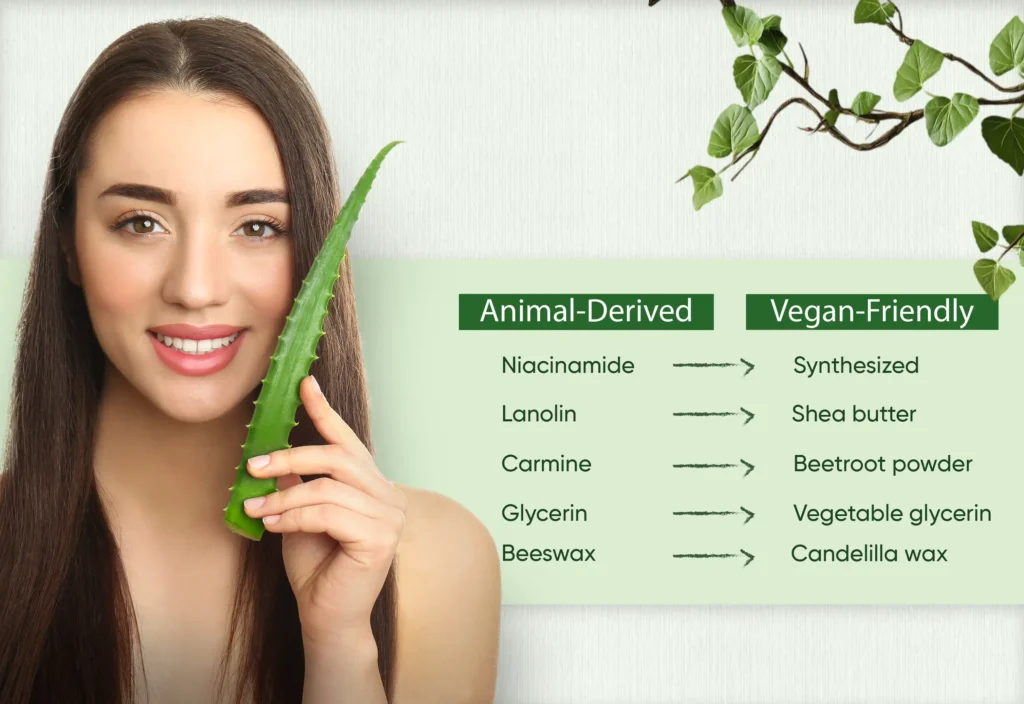
Carmine (a.k.a. Cochineal)
Carmine is one of the oldest red dyes in cosmetics. But it comes at a cost; literally thousands of crushed cochineal beetles are used to create just one pound of this pigment. It’s valued for its rich, vibrant color and is still widely used in everything from luxury lipsticks to drugstore blushes.
Despite its natural origin, it’s very much not vegan. You’ll often spot it listed on labels as carmine, cochineal, CI 75470, or Natural Red 4. If you’re looking for vegan-friendly alternatives, try products that use beetroot powder, red radish extract, or certified synthetic dyes.
Lanolin
Lanolin is a thick, greasy substance extracted from sheep’s wool, specifically from the oil glands in the skin. It’s often added to cosmetics for its ultra-moisturizing properties, making it common in lip balms, rich moisturizers, and dry-skin foundations. While some argue that no animals are killed in the process, commercial shearing practices can be harmful, and any ingredient sourced from animals is not considered vegan.
On labels, it may appear as lanolin, wool wax, adeps lanae, or isopropyl lanolate. Plant-based alternatives like shea butter, jojoba oil, or sunflower oil offer the same hydration without the ethical baggage.
Beeswax (Cera Alba)
Beeswax is widely used in makeup because of its ability to give products structure and stability. It helps lipsticks hold their shape and makes mascaras glide on smoothly. But sourcing it involves disrupting bee colonies and harvesting from their hives, which interferes with fragile ecosystems.
Especially given the global decline in pollinator populations. It’s typically labeled as beeswax, cera alba, or cera flava. Luckily, there are great vegan substitutes like candelilla wax, carnauba wax, and rice bran wax that perform just as well.
Shellac
This glossy substance is used to create shine in products like nail polish, mascara, and hairspray. But few people realize it’s made from secretions of the lac bug. Harvested primarily in Southeast Asia, shellac production involves scraping the bugs’ resin from trees, then heavily processing it into flakes or liquid.
It might sound harmless, but it requires massive insect exploitation. Look out for shellac, lac resin, resinous glaze, or E904 on ingredient lists. If you want to avoid it, opt for polishes and glosses made with sugar-based polymers or bio-resins.
Collagen
You’ve likely seen collagen promoted in anti-aging skincare as a miracle for firm, youthful skin. But the truth is, most cosmetic collagen is animal-derived. It’s typically added in hydrolyzed form, and while it sounds impressive, it often serves more as a marketing buzzword than a functional ingredient.
Vegan-friendly formulas instead focus on encouraging your body’s collagen production using ingredients like peptides, algae extract, or plant-based hyaluronic acid. If you want to avoid animal-sourced collagen, watch for words like hydrolyzed collagen or marine collagen on the label.
Keratin
Keratin is a structural protein best known for strengthening and smoothing hair. You’ll often find it in shampoos, conditioners, lash serums, and brow gels. But behind the scenes, it’s usually sourced from horns, hooves, feathers, or hair of slaughtered animals.
While the idea of keratin might sound strengthening, the way it’s sourced isn’t exactly pretty. On labels, it might appear as keratin, hydrolyzed keratin, keratose, or ox keratin. Vegan brands now use plant proteins from bamboo, quinoa, or peas to mimic the benefits without the cruelty.
Guanine
If you love shimmer, you’ve probably used guanine, even if you didn’t know it. This pearlescent ingredient is made from fish scales, which are scraped off, soaked in alcohol, and crystallized to create that sparkly effect. Guanine is especially common in highlighters, shimmer eyeshadows, and lip glosses.
While it delivers a natural glow, it’s not a vegan-friendly shimmer source. Look for guanine, pearl essence, or CI 75170 on packaging. Instead, go for products that use ethically sourced mica, biodegradable glitter, or mineral-based pigments for that glow, guilt-free.
Vegan Alternatives to Non-Vegan Ingredients in Beauty Products[1]
More and more beauty brands are making the switch to vegan-friendly ingredients, and for good reason. With the growing demand for ethical, cruelty-free formulas, there’s now a plant-based or synthetic alternative for almost every traditional animal-derived ingredient.
| Non-Vegan Ingredient | Function in Cosmetics | Vegan Alternative |
| Lanolin | Moisturizer | Shea butter, coconut oil, jojoba oil |
| Beeswax | Emollient, thickener | Candelilla wax, carnauba wax, rice bran wax |
| Carmine | Red pigment | Beetroot powder, plant-based dyes, mica |
| Squalene | Skin softener | Olive oil squalene, amaranth oil, synthetic squalane |
| Keratin | Hair strengthener | Hydrolyzed wheat protein, soy protein, pea protein |
| Collagen | Skin plumper | Seaweed extract, peptides, plant amino acids |
| Guanine | Shimmer/shine | Mica (ethically sourced), synthetic pearl, biodegradable glitter |
| Glycerin | Humectant | Vegetable glycerin |
| Hyaluronic Acid | Hydration | Plant-based or synthetic hyaluronic acid |
| Stearic Acid | Texture enhancer | Palm- or coconut-derived stearic acid (verify source) |
| Allantoin | Skin soother | Comfrey root, horse chestnut, bearberry extract |
| Lecithin | Emulsifier, moisturizer | Soy lecithin, sunflower lecithin |
| Niacinamide | Brightening agent | Synthesized or plant-derived niacinamide |
| Arginine | Amino acid/hydrator | Plant-based arginine |
1. Lanolin → Plant-Based Oils and Butters
Lanolin is a waxy substance derived from sheep’s wool and is commonly used in moisturizers and lip treatments. Thankfully, it’s easy to replace. Shea butter, coconut oil, jojoba oil, and sunflower seed oil provide the same rich hydration without animal involvement. They’re also gentler on sensitive skin and widely available in vegan formulations.
2. Beeswax → Candelilla or Carnauba Wax
Beeswax helps products stay solid and smooth, but it’s made by honeybees and often harvested in a way that disrupts hives. Candelilla wax (from the candelilla plant) and carnauba wax (from Brazilian palm leaves) offer similar structure and consistency in balms, sticks, and mascaras.
3. Carmine → Beetroot, Mica, or Synthetic Dyes
Carmine is a bright red dye made by crushing cochineal beetles. It’s often used in blush, lipstick, and tinted moisturizers. Safer, ethical alternatives include beetroot powder, red radish extract, and mica (when ethically sourced). You can also find vegan-certified synthetic dyes that mimic carmine’s vibrancy without the cruelty.
4. Squalene → Plant or Synthetic Squalane
Traditional squalene is extracted from shark liver oil, making it a no-go for vegan skincare. Fortunately, many brands now use plant-derived squalene from olive oil, amaranth seed oil, or lab-made squalane, which is just as hydrating and far more sustainable.
5. Keratin → Hydrolyzed Wheat, Soy, or Pea Protein
Keratin is used in hair masks and treatments to strengthen and smooth hair. But it’s often sourced from animal feathers, horns, and hooves. Vegan alternatives include hydrolyzed wheat protein, soy protein, and pea protein, all of which provide similar protective and conditioning benefits without any animal byproducts.
6. Collagen → Seaweed, Peptides, or Amino Acids
Collagen, often extracted from cow or fish tissue, is hyped for its anti-aging benefits. But true collagen molecules are too large to penetrate the skin. Many vegan brands now use seaweed extract, plant peptides, or amino acids that help stimulate your body’s natural collagen production without using animal parts.
7. Guanine → Mica or Biodegradable Glitter
That shimmer in your eyeshadow or highlighter? It could be guanine, made from fish scales. Ethical brands now opt for mica, synthetic pearl, or biodegradable shimmer particles. Just make sure your mica is ethically sourced, as some mining practices have raised labor concerns.
8. Glycerin → Vegetable Glycerin
Glycerin is a humectant used to attract moisture to the skin, but it can come from either animal fat or plant oils. To be sure it’s vegan, check if it says vegetable glycerin, or confirm with the brand directly. Many cruelty-free products now exclusively use plant-based versions.
9. Hyaluronic Acid → Plant-Based or Synthetic HA
Though hyaluronic acid is often synthesized today, some forms are still derived from animal tissue or bacteria cultured with animal ingredients. Look for HA that’s labeled vegan, plant-derived, or biotechnologically produced to stay on the safe side.
10. Stearic Acid → Plant-Sourced Versions
Stearic acid is used to thicken and stabilize creams, but it’s often derived from animal fats. Vegan versions exist and are typically sourced from coconut oil or palm oil (sustainably harvested). Always check the label or certification, as the source isn’t always specified.
11. Allantoin → Herbal Extracts
Used to calm and protect the skin, allantoin can be synthetic or sourced from animals. Plant-based options include comfrey root, horse chestnut, and bearberry extract, all of which provide similar soothing benefits in vegan formulations.
12. Lecithin → Soy or Sunflower Lecithin
Lecithin helps moisturize and emulsify products, but it can come from egg yolks or be plant-based. Soy lecithin and sunflower lecithin are common vegan substitutes and are clearly labeled in most ingredient lists.
13. Niacinamide → Vegan-Safe When Synthetic
Niacinamide (Vitamin B3) is almost always synthesized in labs today, but if you’re strict about plant-based sourcing, opt for brands that specify vegan niacinamide or contact the manufacturer for details.
14. Arginine → Plant-Based Amino Acids
Arginine is an amino acid used in skincare for its hydrating and barrier-supporting properties. It can be sourced from animals or synthesized through plant-based fermentation, a common method in vegan-friendly products.
Conclusion
At the end of the day, choosing vegan beauty means making informed, intentional choices. With so many hidden non-vegan ingredients in everyday products, it’s easy to get caught off guard by things like carmine, lanolin, or keratin.
But now you know what to look for. The next time you’re scanning a label, you’ll be able to spot those red flags and choose products that align with your values without sacrificing quality.


